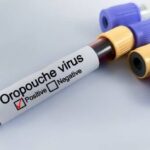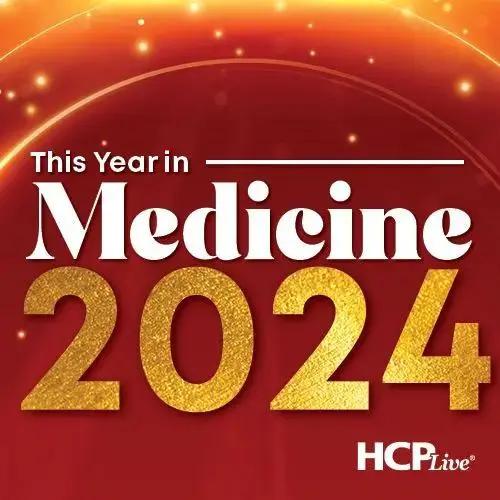The mpox outbreak continues to increase around the world but especially in Africa. According to the World Health Organization, in 2024 alone, there were 25,237 suspected and confirmed cases and 723 deaths from different outbreaks in 14 countries of the African region. As of September 8, over 120 countries have confirmed more than 103,000 cases of mpox since the onset of the global outbreak in 2022.1
Disease surveillance for mpox in low and middle income countries (LMIC) continues to be challenging, especially with limited resources and medical personnel spread thin throughout the African region.
One novel approach that is available to help fill the surveillance gaps is the International Society for Infectious Diseases (ISID’s) Program for Monitoring Emerging Diseases (ProMED). ProMED is a disease surveillance system, which is celebrating its 30th anniversary and was developed to identify emerging and re-emerging infectious diseases and toxins affecting humans, animals, and plants. According to ISID, ProMED is the largest publicly-available system conducting global reporting of infectious disease outbreaks.2
“ProMED…was the first to alert the world about COVID in December 2019,” said Paul Tambyah, MD, president of ISID. “We were also the first to pick up on MERS and SARS in 2002.”
“ProMED is a very unique approach to disease surveillance, because everybody is now talking about using AI and data mining and big data analytics, but that generates a huge amount of noise that you have to filter through,” said Tambyah. “What ProMED does is that it’s the only human, curated, event-based surveillance system in operation globally. Anybody can write an email to ProMED and say, ‘look, I think there’s this weird disease going on in my neighborhood.’ What ProMED does is they write to people that they know in the area, and they say, ‘is this true’? And then if they get 2 reports saying that something is really true, then they evaluate it in the light of what’s likely in that area, and then they write to that [country’s] Ministry of Health [to inform them of the outbreak or case incidences].”
Tambyah says that while WHO has to perform formal inquiries to countries governmental health agencies, ProMED takes a grassroots, informal approach that is an independent inquiry about emerging disease outbreaks, allowing them to publish information even if the healt agency does not certify the claim.
In addition to ProMED, ISID has a family of infectious disease journals they publish, an international conference they host every 2 years, and a long history of advocating for people in LMIC.
Advocacy for Vaccine Equity
Just this past week, the WHO announced the MVA-BN (Jynneos) vaccine as the first vaccine against mpox to be added to its prequalification list. According to WHO, the prequalification approval is expected to facilitate timely and increased access to this vital product in communities with urgent need, to reduce transmission and help contain the outbreak.3
ISID is involved in trying to garner greater vaccine access. “The whole issue of vaccine equity is something that we have been trying to address in the society, through advocacy, through research, through publications, through forums and various other approaches,” said Tambyah. “And so it’s timely, because we have sessions on vaccine equity in the conference in South Africa.”
ISID is having its 20th International Congress on Infectious Diseases (ICID) on December 3–6 in Cape Town, Africa. To learn more about the organization and their work, interested parties can go here.








